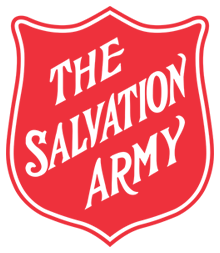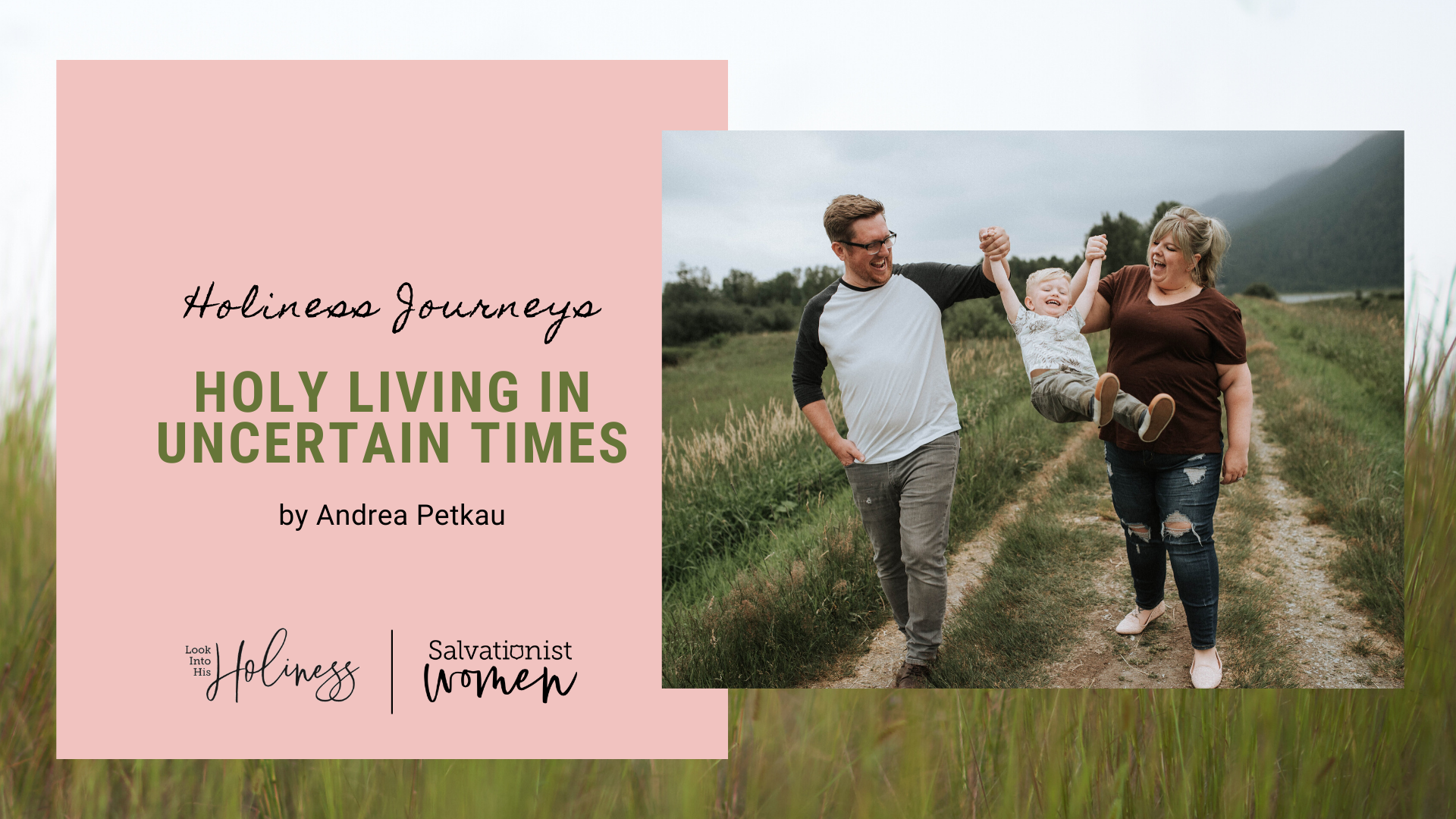At 12 years old I was diagnosed with polycystic kidney disease. A genetic disease that involved the slow formation of cysts on the inside and outside of the kidney – eventually (not always) leading to chronic kidney failure. My dad has the disease – and he had his first transplant in 1990. I was seven. I don’t remember much of that time, because the next twenty years my dad was awesome and normal.
Fast forward. Life had been normal for me too. I did all the things that ‘normal’ teens and young adults got to do – I went to school, graduated, worked at summer camp, went to college, and eventually got married. My life did not reflect the ownership of the disease I carried – until I became pregnant with my son Felix. Heading into the pregnancy I was warned that the pregnancy posed risks – my kidney function was at 40 percent, and a pregnancy could lead to a baby with low birth weight, and developmental challenges. One doctor even thought he had the right to tell me that we were making a mistake, which was not okay. Although at the time I questioned – what if he was right? We had struggled with fertility for six years prior to this pregnancy, and the last thing I wanted to hear was that I was making a mistake. But this was the first time my disease became a reality – and I had to start putting my faith and trust in a medical system that I was not very familiar with.
Felix was born healthy 9 months later. However, six weeks following at an appointment, I was told that my kidney function was now 20%. It could have been a result of the unplanned emergency c-section I received, but no one could confirm that. At my age it was normal for polycystic kidneys to digress, or potentially reach a level of dormancy. But that day and those results were the beginning of a downward trajectory in the overall health of my kidneys and the quality of life I was leading.
I was a 33-year-old new mom talking about the reality of dialysis. I couldn’t just enjoy this new stage of life, I had to start planning for my future with doctors at the reigns. As the year went on I ended up with a gallbladder removal and another drop in kidney function. I was now at 10%. My doctor told me that it was time to move forward with dialysis.
I started dialysis in January of 2019 and by October I was gifted with a kidney transplant from my extremely loving and generous father in law – the greatest gift I could ever receive – a new beginning and the ability to start living fully again. During the year I was on dialysis, I did everything I could to remain as positive and active as possible, but it was so challenging. Some nights I would be in tears with the frustration of what cards I had been dealt. Why did God give me this struggle? Why did I have to walk through the journey of this disease – the unknowns, the lack of control, the feeling that no one understood. Why did I feel so alone, so forgotten?
This year the women in the Canada and Bermuda Territory are being encouraged to consider holiness – and what that looks like in our day to day lives. Often, we consider holiness a theological anomaly, unachievable – a characteristic of the Trinity. While encouraged to live holy and pleasing lives, we often may mistake that as a simple direction, instead of a lifelong calling. Those of us who are goal driven may be trying to make a check list that will ultimately get us to the ‘holy’ gold star. Others of us may be focusing on what good works we can do to get us to the unknown ultimate goal, while still others may be feeling that they have lived a long and full life and have naturally reached their maximum level of holiness here on earth.
I’m going to be bold here, but I think we are all wrong.
Holiness is a lifelong journey to which there is no end. We won’t achieve holiness to the level that God embodies. But we will be dealt situations where we are tired, where we are given a choice how to respond, where we are responsible to check in with ourselves to see who or what we are living for. In Hebrews 3:1 we read, “Therefore, holy brothers (and sisters!), who share in the heavenly calling (Holiness of course!), fix your thoughts on Jesus, the apostle and high priest whom we confess.”
In my particular situation, I found it challenging to continually revert back to focusing my thoughts on Jesus, and trusting in his ultimate grace and healing – when it felt that I was being controlled by a medical system who was concerned only with keeping me at a physical level of survival. It wasn’t until I started researching for this article that I came across a chapter in Major Amy Reardon’s book ‘Holiness Revealed’ that reminded me that often we are tempted to fix our eyes on those who we think are talented, exceptional, and bright (hello doctors!) Major Reardon reminds us in her writing that the author in Hebrews 3:1 is specifically reminding people not to look at Moses as the great one (the shiny, bright, earthly figure), but to fix their eyes on Christ, the One they now understood to be their apostle and high priest – for he was truly Holy, and our heavenly calling directs us to focus our attention on who can’t be seen, but has been proven to deliver grace, healing, and peace .
We are called to fix our eyes upon Christ, a direct instruction as to how we can attempt to live holy lives daily. We must remember that Christ calls us to have purposeful hearts, to prayerfully make decisions – to release the need for control for the here and now, and trust in a holy Lord who promises deliverance and proves over and over to be in control of even the most challenging situations – and this is the promise no matter your age, your culture, your status, your job, or your experience!
For me – the doctors were Moses. I was baited by wonderful fisherman. They told me what I needed to do, how to do it, and when to do it. If I listened to their advice and instruction – I could prevent this or that, I could live better, I could achieve more. Being the person that I am, anything I could do to achieve their ultimate goals was the direction I would lean towards (give me that gold star!). Ultimately though, the miracle of transplant, the success of the surgery, the fact that I am sitting writing this now has very little to do with just the doctors who operated and cared for me, and everything to do with the holiness and grace of God.
We are currently living in a very uncertain time. The threat of COVID-19 has become a reality for our entire country, and world. The sense that we have no control, that the future feels dim, that we are being told to self isolate – it brings about a sense of anxiety and fear for many. It is funny, because I wrote this article almost three months ago, following my transplant – when there was an overwhelming sense of ‘what if’ in my own life. I can’t help but see that feeling magnified to a worldwide picture. We are putting our hope and trust in our individual governments, public health officials, ministers of education, finance, and more. We pray daily that the decision-making processes would create a sense of peace amongst us, but in fact it is causing the opposite for many. In a time where it would seem most reassuring to put our trust in those we can see and hear, holiness again calls us to put our faith in He who is unseen, to continue working towards keeping our eyes on Christ in this time of global devastation, to remember that our Holy God is in complete control, that in seeking him we can find peace and hope in our daily living.
Remember to take care of yourselves, and the ones around you. Don’t forget those who are vulnerable, who are in need. This is a time of creativity – where we need to embrace isolation but challenge its sense of loneliness by reaching out however we can. Remember to call a friend, a colleague, or an elderly shut in that is a part of your congregation. Check on single moms, or families whose jobs have been put on hold. This is our chance to walk out our calling to holy living, being like Christ, extending his love, grace, peace and comfort. Much grace to each of you in these days ahead. The challenge to trust and live out our earthly calling is ours, the challenge to provide what is needed in our global world is His. Let’s rest in this promise.
This is the first blog in the Holiness Journeys series, written by Andrea Petkau. Watch for new blogs monthly.
Andrea is a member of The Willows Church in Langley, British Columbia.








Comment
On Thursday, March 19, 2020, Debra Blackman said:
On Thursday, March 19, 2020, Kristen Jackson-Dockeray said:
On Wednesday, March 18, 2020, Isobel Wagner said:
Leave a Comment